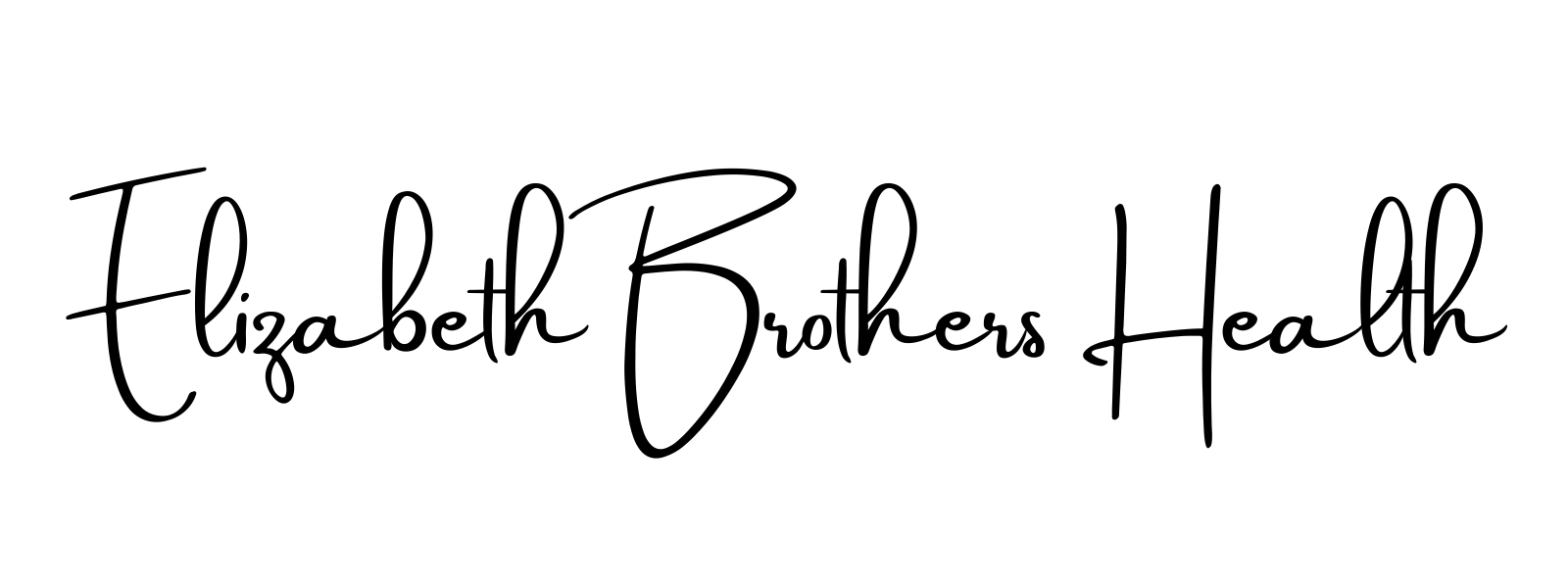I learned something SO fascinating last week (at least fascinating to me) about burn out. It’s something that I don’t know how I didn’t know before. I should preface by saying this is not my work. This is based on the work of Dr. Emily Nagoski, who has done some incredible work about burn out and the stress cycle. I learned this from her, so she gets full credit, but I think this is a message that needs to be shared.
So many of us are feeling burnt out, especially since Covid started. There are lots of reasons why this might be, but those reasons are very individual. The underlying commonality is that everyone is experiencing stress, but what people find stressful is different for each person.
One of the things to clarify is the difference between STRESS and STRESSORS. A stressor is an event or experience that triggers a stress response in your body. Stress is the body’s response to a stressor.
When I talk to people about stress, I need to define acute vs chronic stress. Acute stress is something you experience in the moment, that usually ends relatively quickly. Chronic stress is something stressful that we experience, sometimes indefinitely.
Acute stress has a beginning, a middle, and an end. The example I often give for this: imagine if you’re crossing the street, and a car comes speeding down the street toward you. Your stress response gets activated, and your body instantly goes into fight, flight, or freeze mode. In this case, flight is probably the most likely. Your brain will assess that this is a situation you can likely outrun. In other situations, you might assess that fight is the best option (you’re probably not going to win a fight against a speeding car). Sometimes freeze is the best response (think of an animal playing dead).
There are 3 main phases to this cycle:
1) Awareness that there’s a stressor (I’m in danger!). This awareness starts a cascade of physiological events in your body.
- Your heart rate increases
- Your blood pressure increases
- Your breathing rate increases and/or your breath gets deeper
- Your pupils dilate
- Your muscles tense, getting prepared to run away (if in fight or flight mode; freeze mode is a bit different)
- Digestion stops – we don’t have time for that right now
- Blood sugar rises – your muscles, your heart, your lungs all need fuel to work
- Your immune system function drops – no time to worry about a virus, if we don’t get out of the way of this car, we’re done
- Your reproduction system stops working – same as above. If you get hit by the car, you can’t reproduce anyway.
Can you feel those responses as you read this? Sometimes even reading about the flight/flight/freeze response activates it in us.
2) You react (you fight, you run, or your freeze). Your brain will help you make the decision which one to do, without you even being aware of it.
3) The resolution. You either get hit by the car, or you make it across the street (fingers crossed it’s that one). Once you get across, you realize you’re safe, and that essentially ends the cycle of stress. Your body recognizes that the danger has come and gone, and this final step of the cycle closes off your stress response, letting your body know that the stress is over.

Chronic stress – Unfortunately (or fortunately, I suppose), most of the stress we experience in present day is not acute stress. Chronic stress is the body’s response to stressors we experience regularly. Maybe you find your job stressful. You never really know what you’re going to run into. You go to work on Monday morning, and just walking into the building you can feel your tension building. What is happening in your body? The same thing as in acute stress – you go into fight, flight, or freeze mode. Depending on your job, it could be any one of the three. But there is still a rise in stress hormones. Your heart rate will go up, your blood pressure will go up, your muscles will tighten, etc. Those are the ones you are more likely to be aware of. You’re less likely to be aware of your digestion and reproductive systems shutting down, although that does happen as well.
You do your job all day, with stress hormones circulating throughout your body. As a result, your blood pressure might be high, your blood sugar might be high – two examples of stress related issues that can cause long term health concerns. You finish your day, head home, and enter the chronic stress of the home environment (parenting, making dinner, etc.).
In the car story, you see the car (I’m in danger), the stress response happens (you start running), and you make it safely across the street (I’m safe). In the situation of your job, you know the job is stressful (I’m in danger), the stress response happens, but in this case there is no resolution. You don’t complete the stress response. This leaves the stress hormones circulating throughout your body, doing their thing. And making us sick in the process.
The typical reaction to stress hormones in your body in acute stress is very physical. Your body gets a surge of hormones that it needs to do something with. In an acute stress response, with a physical reaction (fight, flight, or freeze), the body knows when the stress is over. It cycles through the three stages. But in a chronic stress response that doesn’t have a physical outlet, our body doesn’t know when it’s over. It doesn’t know when you’re safe. It doesn’t know when to turn the stress response off.
So, what do we do about it? How do we complete that stress cycle? The first thing is awareness. Being aware of your chronic stressors, and your body’s response to them, is the first thing. Without awareness, you aren’t going to be able to complete the stress cycle.
Once you are aware of things that are chronic stressors for you, here are a few things to consider to help yourself complete the stress cycle, and release the stress hormones:
- Physical activity – a full blown workout, or even running in place, punching a pillow, or jumping jacks will help dissipate the stress hormones and tell your body that it’s safe.
- A good cry – have you ever cried really, really hard, and then felt so much release and relief afterwards? That’s a completion of the stress cycle.
- A good sleep – if you’re not sleeping well at night, this isn’t going to reset the sleep cycle, and chronic stress can be a huge impediment to sleep.
- Meditation or mindfulness – this also needs to be tied to awareness, but if you’re aware that your stress levels are high, doing breathing exercises can help turn off the stress response and tell your body that it’s safe.
- Yoga, tai chi, qi gong – anything that combines mindfulness and movement is going to be helpful.
Does this resonate with you? Do you recognize times when you might have been stuck in a stress response for a long time? How do you deal with stress? I’d love to hear!

One Response